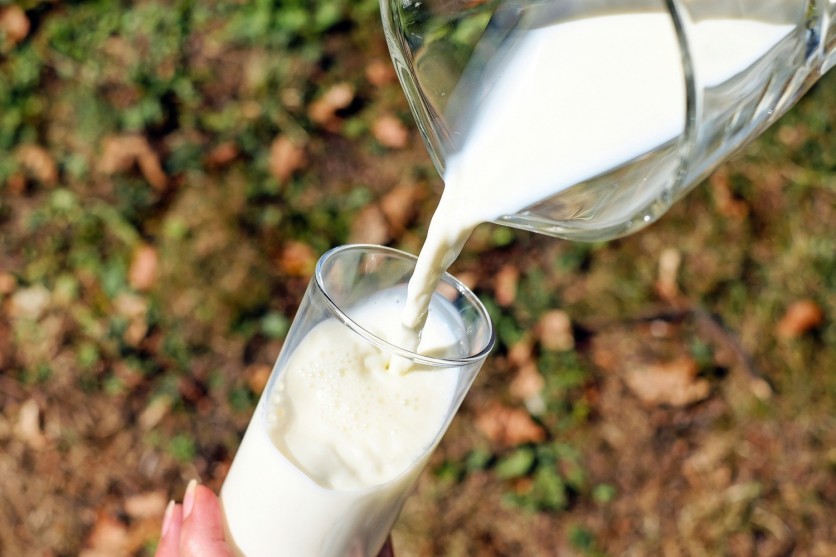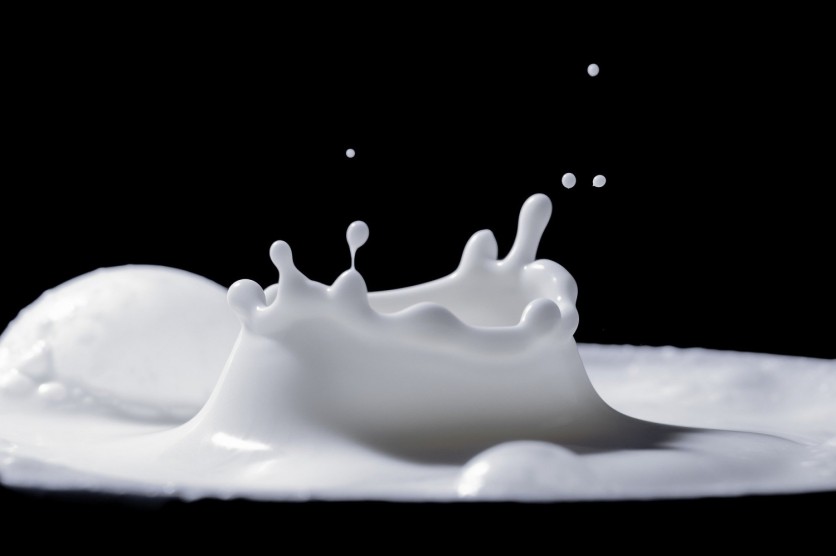Coronavirus vaccine is still nowhere to find. Health experts were now studying a lot of potential substances. But nothing is still accurate. Interestingly, a researcher at New York City's Icahn School of Medicine at Mount Sinai suggests a liquid that could immunize humans in acquiring the viral disease. Will you take the drink, though?
Breast Milk Contains Antibodies; Will it Help Against Coronavirus?

First-time mothers are normally advised to breastfeed their newborn children. This is due to the reason that breast milk has nutrients that newborn babies need to grow fully. Apparently, one nutrient that human milk has is called 'antibodies.'
Due to this, Rebecca Powell, a human milk immunologist, recently invites lactating mothers to donate some amount of their breast milk to be studied as one of the possible Coronavirus vaccines. Will it work?
As first reported via Vice, Powell recently posted on her social media accounts looking for breast milk donations. She aims to receive hundreds of samples of different breast milk from mothers-- particularly living in New York City.
She explained that breast milk normally has a huge amount of antibodies that protect babies from any viruses-- including SARS-CoV-2. Since these particles were needed to prevent viruses, the same antibodies from breast milk could also be used to adults to protect them from getting the virus. This was her assumption.
Surprisingly, after the day she posted her call for donations, a lot of mothers in NYC immediately contacted her to donate their samples.
Milk antibodies are better than plasma antibodies

Powell hasn't yet started her research about breast milk's connection against Coronavirus. However, she explains that human milk is capable of passing on powerful, virus-killing functions to newborn babies. This is why most babies go protected against illnesses like measles and chickenpox in their first months.
Interestingly, about 90% of milk antibodies are called secretory IgA. This means that human milk antibodies are particularly durable and resistant to degradation-- making these liquid more convenient than blood plasma.
Lars Bode, director of the University of California San Diego's MOMI CORE, or the Larsson-Rosenquist Foundation Mother-Milk-Infant Center of Research Excellence, also shared the same belief with Powell.
"There are a bunch of other things in there that are those magic components that do more than help the infant grow," he said. "They really protect the infant and the mother as well from multiple different diseases, from certain pathogens, from bacteria, and from viruses as well, and that's really where the story starts, why we're so interested in this topic when we come to coronavirus."
CDC's stand in breastfeeding amid Coronavirus
United States Centers for Disease Control and Prevention (CDC) already explains that "mother-to-child transmission of Coronavirus during pregnancy is unlikely, but after birth, a newborn is susceptible to person-to-person spread."
This means that it is still safe to breastfeed. However, it does not exempt pregnant women from acquiring the disease.
ALSO READ: COVID-19 Tracker Is Now Available On Android Phones Via Google Play
ⓒ 2025 TECHTIMES.com All rights reserved. Do not reproduce without permission.




